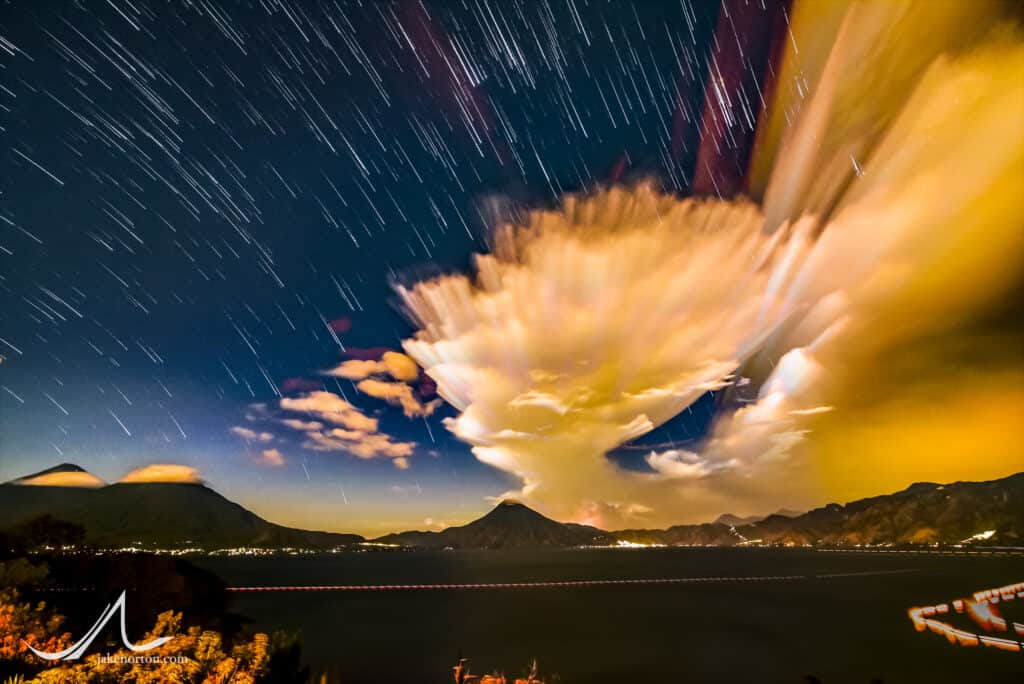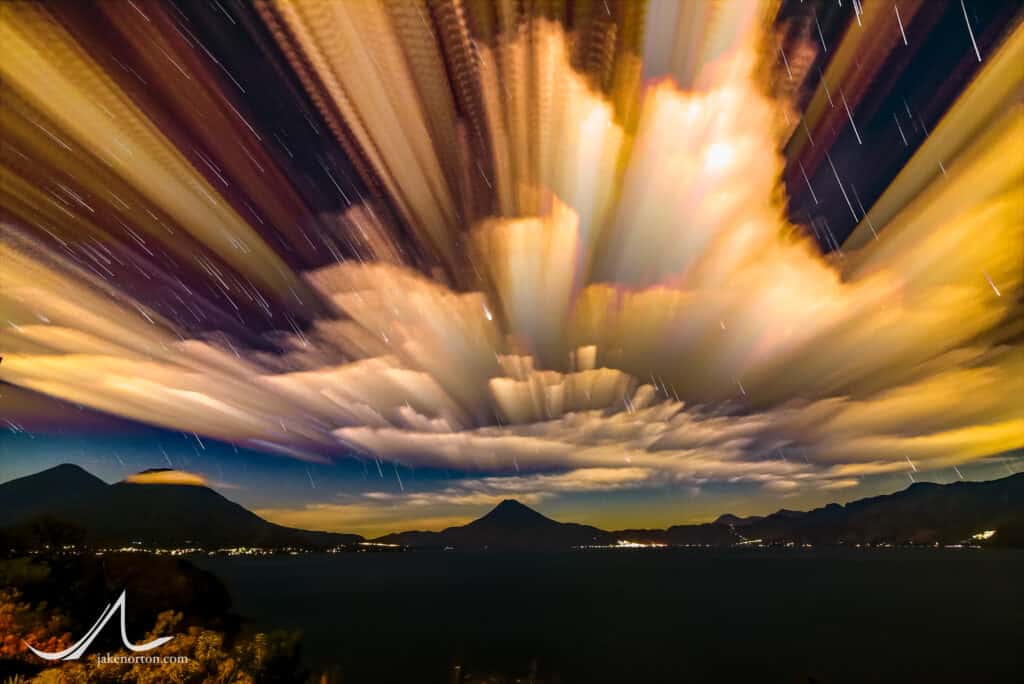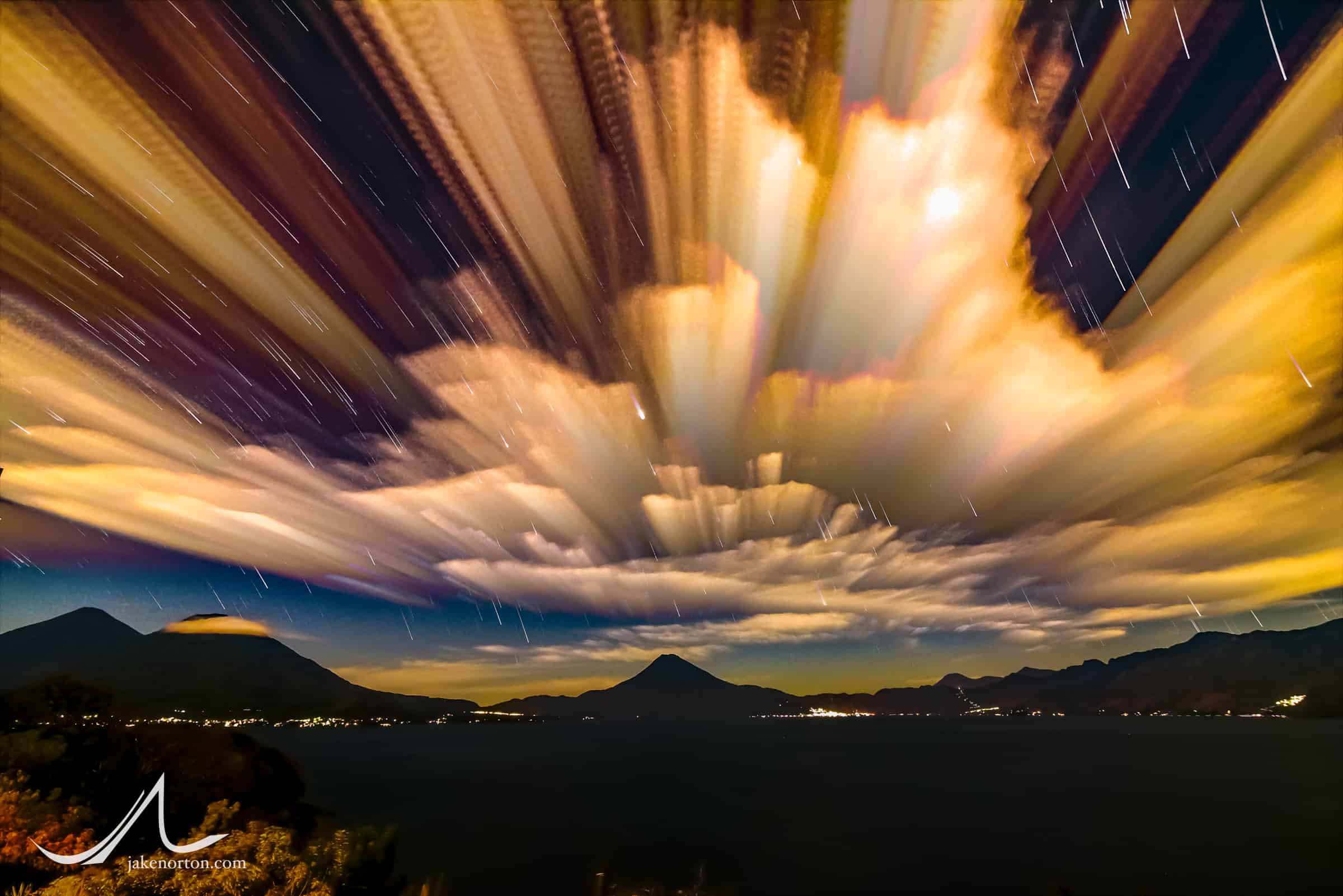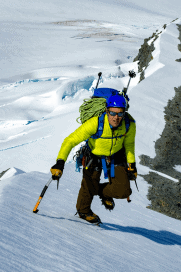“Where are you from?” I asked Jaime.
(I’ve been told by many people this is a question one shouldn’t ask, an inquiry that makes people feel uncomfortable. I refuse to believe it or abide by it; we are all brothers, all sisters, all people sharing this earth, and knowing more about a person - their past, present, and future - is how we build the fabric of connection and understanding. But, I digress…)
“Guatemala,” he said with pride. “Do you know it?”

“Not well, but I’ve spent some time there. Mainly in the highlands around Lake Atitlán,” I replied with honest enthusiasm. “My wife worked there for quite a while, and we lived for a month with our kids on the lake. It’s one of the most amazing countries I’ve visited!”
Jaime and I continued chatting as he weaved through heavy traffic in Charlotte, North Carolina. I learned about his life (sixteen years in the USA, with five in Charlotte after eleven in NYC and New Jersey), his family (married with children, but most of his family is back in Guatemala), his children (ages six and ten, plus a two year old, all English speakers plus fluent Spanish and some Kaqchikel, the Mayan tongue of his native Chimaltenango), and his dreams (a house of his own, safety for his kids, and peace in the world). In a short, 35-minute ride, we covered a lot of ground, laughing and pondering and finding the sinews of connection that bound our disparate lives.
Of the many things we discussed, the one that struck me most was when we talked about time, and the differing perspectives one it from one society to the next. Jaime shared that when he is back home in Guatemala, he relaxes noticeably, spending time at ease with friends and family, sipping mint tea and simply enjoying.
“We never look at a clock! But, as soon as I get on the plane to come home? Boom, it all changes,” he said, eyes wrinkling with humor. “I start thinking about my lists, the things I need to do, and when I’m going to do them. It’s all about time.”
It’s all about time.
Linear time is a western invention; time is not linear, it is a marvellous entanglement, where at any moment points can be chosen and solutions invented without beginning or end.
- Lina Bo Bardi
I’ve found the same in my travels, especially those to places where time takes on a different meaning.
Our society tends to see time - and live the experience of time - in a very linear sense, a view built on Christian theology, from Genesis to Judgement. “Time is money” is the phrase haunting the background of our lives, lending an air of frenetic immediacy to all we do. Time is a commodity, a scarce resource to be hoarded, never “wasted” (and with strict, somewhat perverse notions of what wasting time entails), and always spent in pursuit of some definable, tangible gain.
Determine never to be idle. No person will have occasion to complain of the want of time who never loses any. It is wonderful how much can be done if we are always doing.
– Thomas Jefferson letter to Martha Jefferson
Without doubt, this Western view of time has been a boon in many regards. It has helped the Western world create massive wealth, solve myriad complex problems, envision and bring to fruition technologies and inventions to boggle the mind. The commoditization of time has helped stretch lives and shrink mortality, grow comfort and ease suffering. In short, our view of time has allowed for great progress, a great progression in the utmost linear sense.

But, like anything, it seems apparent that progress comes at a cost. That relentless nagging about time, the firm hand on the back insisting we never be idle, we never “waste” a moment, focusing forever on doing, doing, doing…it has cost us.
As Jaime spoke, my mind drifted, floated to experiences far from linear time, from to-do’s and deadlines and the never-ending push for more. Experiences where time was not of the essence and instead was the essence, where the spending of time was not a wasting, but rather an intrinsic part of the whole. Experiences when the idle spending of time - cherishing, contemplating, sitting and watching and awing - was the point, not the problem.
“When did you last watch a sunset?” Jaime asked, interrupting my mental drift.
“A whole one? Man, it’s been a while,” I said sadly. “Longer than I’d like. But, one of the best ever was on Lake Atitlán. I spen five hours just…watching. It was magic. You?”
“Guatemala. A year ago,” he said, a deep smile creasing his face. “I haven’t had time since.”
We may smile now. We can go back to serenely immersing ourselves in time - in our finite time - to savoring the clear intensity of every fleeting and cherished moment of the brief circle of our existence.
- Carlo Rovelli, The Order of Time (library)
I hopped out of the car, thanking Jaime for the ride and conversation, and ran off to catch a plane…just in time.
That night, I watched the sunset.
I watched the clouds move, gathering here and dissipating there, popping with lightning and slowly bathing themselves in the subtle hues of twilight. I just sat there, thinking of everything and of nothing, reveling in in the majesty and mystery of it all, wasting time in the most productive way.
You would measure time the measureless and the immeasurable.
- Kahlil Gibran, On Time
You would adjust your conduct and even direct the course of your spirit according to hours and seasons.
Of time you would make a stream upon whose bank you would sit and watch its flowing.
Yet the timeless in you is aware of life’s timelessness,
And knows that yesterday is but today’s memory and tomorrow is today’s dream.
And that that which sings and contemplates in you is still dwelling within the bounds of that first moment which scattered the stars into space.
Who among you does not feel that his power to love is boundless?
And yet who does not feel that very love, though boundless, encompassed within the centre of his being, and moving not from love thought to love thought, nor from love deeds to other love deeds?
And is not time even as love is, undivided and spaceless?
But if in your thought you must measure time into seasons, let each season encircle all the other seasons,
And let today embrace the past with remembrance and the future with longing.



Thanks Jake. That video is incredible. My boys love stargazing at the moon and mars but this was something else.
Thanks, Alex - glad you enjoyed it! It was an amazing sight to behold with the clouds, lightning, and stars all coming together in a wonderful show!